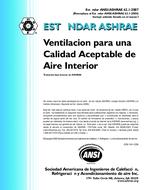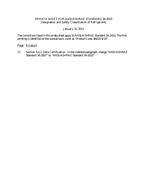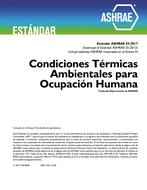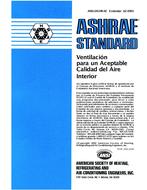Description
Statistical energy analysis (SEA) is a lumped parameter power balance technique that has been successfully applied to noise and vibration problems in industry for the past two decades. This paper demonstrates the application of the method for the primary paths of sound and vibrational energy propagation in ducts. The direct airborne path through an HVAC duct system was examined by comparing SEA results to measured results from ASHRAE RP-1026. Insertion loss was selected as a metric and results compared favorably at frequencies above the plane wave cutoff. Limitations at low frequencies and for complicated duct geometries are identified. Additionally, SEA can be used to assess the airborne indirect path, which is often termed breakout noise by the HVAC community. Sound energy inside of the duct propagates through the duct wall to the outside airspace. This path was examined experimentally by placing a loudspeaker inside the air handler and measuring the sound power transmitted through the walls. Cases examined included a sealed air handler and a case with an aperture in the wall. Both unlined and lined (2 inch or 5 cm fiber) cases were again considered. SEA results compared favorably with the measured results in one-third octave bands even at low frequencies. In many instances, the dominant energy path will be the vibrational energy propagation from machinery. This path was considered by exciting the walls of the aforementioned air handler using an electromagnetic shaker. The panel vibration and the sound power radiated from the panels were measured. Results were compared with SEA simulation with good agreement provided that SEA loss and coupling loss factors were determined experimentally.
Product Details
- Published:
- 2013
- Number of Pages:
- 8
- File Size:
- 1 file , 1.4 MB
- Product Code(s):
- D-DA-13-C025
- Note:
- This product is unavailable in Russia, Belarus




